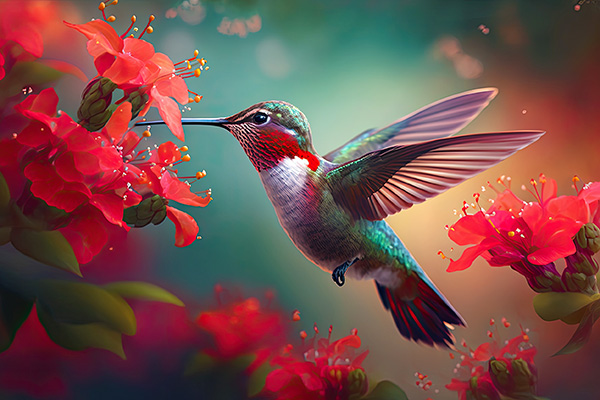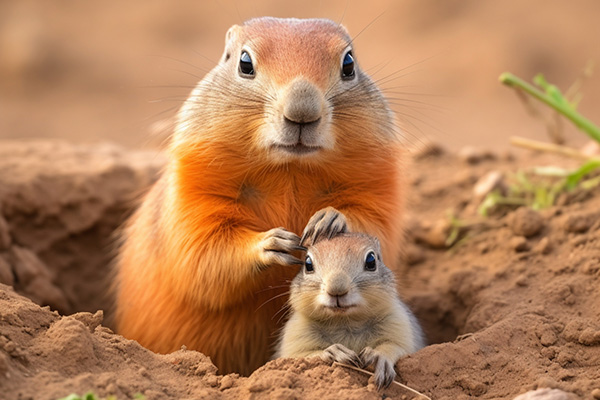friends
How To Deal With Energy Vampires And Psychic Bullies
 Someone or something draining your energy? Most of the time it’s someone whom you are either trying to please, or get approval from, or someone you’re trying to help. You may begin to notice that something changes in your energy field each time you are around this person, or that you feel an imbalance of some sort afterwards. When I say being around a person, this can mean exposure to them through meeting in person, texting, talking over the phone, and even energetically, or psychically.
Someone or something draining your energy? Most of the time it’s someone whom you are either trying to please, or get approval from, or someone you’re trying to help. You may begin to notice that something changes in your energy field each time you are around this person, or that you feel an imbalance of some sort afterwards. When I say being around a person, this can mean exposure to them through meeting in person, texting, talking over the phone, and even energetically, or psychically.
Energy bullies and psychic vampires are very good sucking the life force right out of you. Unfortunately, you may not notice this is happening, until after the fact. However, once you realize what has happened, identifying it is the first step to proactive healing, regeneration, and protection from allowing it to happen again.
Let’s have a closer look at what is actually taking place during an energy drain. Suppose you have a friend who is always complaining about her life, or often has a negative outlook on every situation she is involved in. This could also be a family member you meet for coffee, or whom you chat with over the phone regularly. And dealing with this person leaves you always energetically drained, deflated or emotionally unsettled.
I’d like to preface this with the fact that we all have times where we need to vent, or reach out for help when we are struggling with something. On the other hand, we also have moments where we need to be the voice of reason for someone else, or have an open mind and heart to listen and truly be there for the people we love and care about. Listening is so important in relationships, but if only one person is talking and one person is listening, over and over again, it is a drain on the listener.
What Makes A Spiritual Group Truly Work
 We are all different. Each person is a piece of the puzzle that creates a group. All people are raised different. People may have different spiritual beliefs, different educational backgrounds, jobs, nationalities.
We are all different. Each person is a piece of the puzzle that creates a group. All people are raised different. People may have different spiritual beliefs, different educational backgrounds, jobs, nationalities.
Yet, if the common goal is the same, there is no reason why we cannot achieve much more in our world. Some of us simply need to find a way to respect diversity.
Spiritual groups tend to be the especially challenging when it comes to diversity. Too often spiritually-minded people are expected to always agree with everyone about everything, in order to promote goodwill among group members and keep the peace.
But in any group people have to learn how to agree to disagree. It’s always okay to have your own opinion and express how you feel. One must just remember that not all of the group may agree with your thoughts.
In groups people all choose different roles, and the roles may change over time. Most groups have that one person that assumes the role of leader. The leader of the group is often selected by the majority. The leadership role usually fits the personality and consciousness of that individual, as do the other roles in the group.
The leader is usually a person that is able to communicate well with team members and good at listening to people. The ‘worker bees’ are usually good at taking direction and accomplishing the task at hand. Somewhere in the middle are the people that come up with ideas and can present them to the group, and help the suggestions come to fruition.
The Empath’s Guide To Toxic Friendships
 Our friends are a beautiful and enriching part of our lives. In some cases, they even become our chosen family through the bonds of mutual caring and shared life experiences.
Our friends are a beautiful and enriching part of our lives. In some cases, they even become our chosen family through the bonds of mutual caring and shared life experiences.
Healthy friendships are built on a foundation of balance. They’re marked by mutual support, trust, loyalty, acceptance, and honesty, all with a touch of compassion. But for the empath or highly sensitive person, friendships can sometimes be a bit of a rollercoaster.
We might feel like we’re always giving and giving, and sometimes we might even feel drained. It can be hard to know when to draw the line with someone who might be taking advantage of our energy.
Friendships can be so many different things, and it’s important to remember that not all of them are the same. They range from casual acquaintances to deep, intimate bonds we form with those we call our “besties.”
It’s so important to have a close friend you can trust with your most private fears, dreams, and vulnerabilities. But, sadly, this isn’t always the reality. If you’re the kind of person who is sensitive to the feelings of others, you know how hard it can be when you’re betrayed or disappointed by someone close to you. It can feel like the saying “keep your enemies close” is true in these situations.
Some of us are more outgoing and have a large social circle, while others are more introverted and have a small social circle. Empaths can fall into either category. Regardless of which category an empath falls into, it is wise for us to exercise discernment.
Protect Your Energy From Toxic People
 If you’ve ever felt emotionally drained, manipulated, or physically unwell after spending time with someone, know that you’re not alone. I do relationship readings for people stuck in toxic relationships, or dealing with energy vampires in their family or workplace, on a daily basis.
If you’ve ever felt emotionally drained, manipulated, or physically unwell after spending time with someone, know that you’re not alone. I do relationship readings for people stuck in toxic relationships, or dealing with energy vampires in their family or workplace, on a daily basis.
These relationships and people feed off your energy, often leaving you feeling depleted, anxious, or confused.
Why do so many people allow these people into their lives? Often, they simply have no choice. These toxic people may be family members, coworkers, in-laws, friends we’ve known for years, other relatives, or even life partners.
As a deeply empathic person myself, I understand the profound sensitivity that comes with feeling the energies around you.
Being surrounded by energy thieves can feel like standing in front of an emotional vacuum or caught inside a whirlwind of chaos. If you don’t prepare yourself energetically and spiritually before engaging with these types of individuals, your emotional and physical well-being will suffer.
It’s exhausting trying to maintain your peace in the presence of drama, manipulation, or constant criticism. Take for example family gatherings or in-law visits.
These moments can trigger a cascade of emotions due to clashing personalities, judgment, gossip, and unresolved history. It often feels like nothing you do is ever right, and it becomes a true test of inner strength.
Tell-Tale Signs You Are Being Gaslighted
 You’re crazy, that never happened. Don’t be so sensitive. I’ve never had this problem with anyone else but you. It was never my idea, it was yours! Come on, you’re imagining things. Everyone else agrees, except you. You’re just making things up.
You’re crazy, that never happened. Don’t be so sensitive. I’ve never had this problem with anyone else but you. It was never my idea, it was yours! Come on, you’re imagining things. Everyone else agrees, except you. You’re just making things up.
These are just some of the things you might hear when someone is gaslighting you. It usually happens whenever you confront them about their bad behavior, only to have your reality twisted in return…in ways that can really make your head spin!
Gaslighting is a form of psychological abuse that most often shows up in toxic romantic relationships, but it can also manifest in dynamics with friends, coworkers, employers, family members, and even neighbors and landlords.
At its core, gaslighting is the manipulation of your sense of reality, leaving you confused, anxious, and doubting yourself and your own perceptions. Sometimes it’s very obvious and unmistakable. Other times, it happens so subtly you may not even realize you’re being manipulated.
The term “gaslighting” comes from the 1938 stage play Gas Light, which was later made into the 1944 film of the same name.
In the story, a husband tricks his wealthy wife into thinking she’s going crazy by making small changes to their surroundings, like dimming the gas lights, and then denying that anything has changed. His goal is to make her doubt her own sanity, so he could have her committed to a mental institution and gain control of her inheritance.

